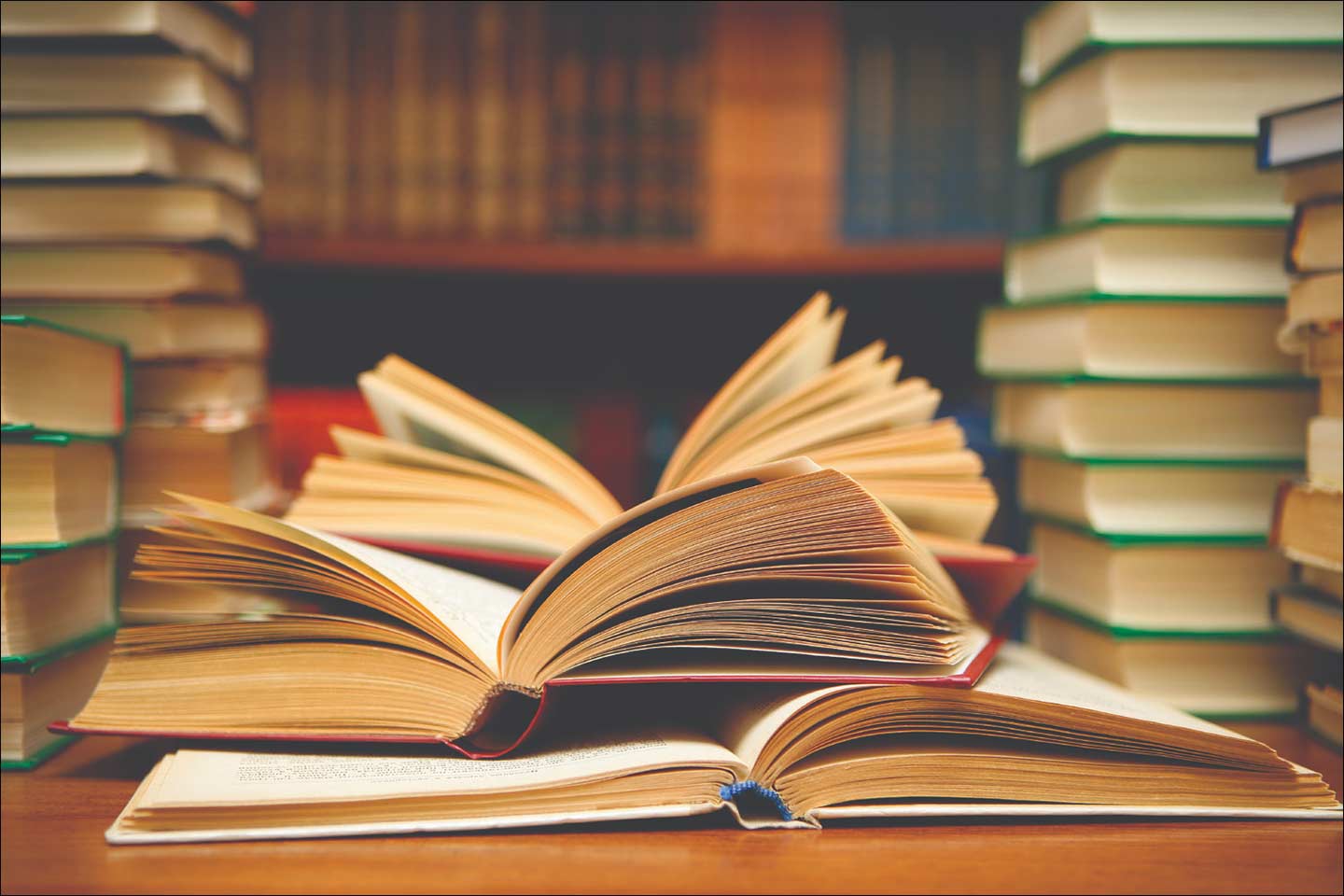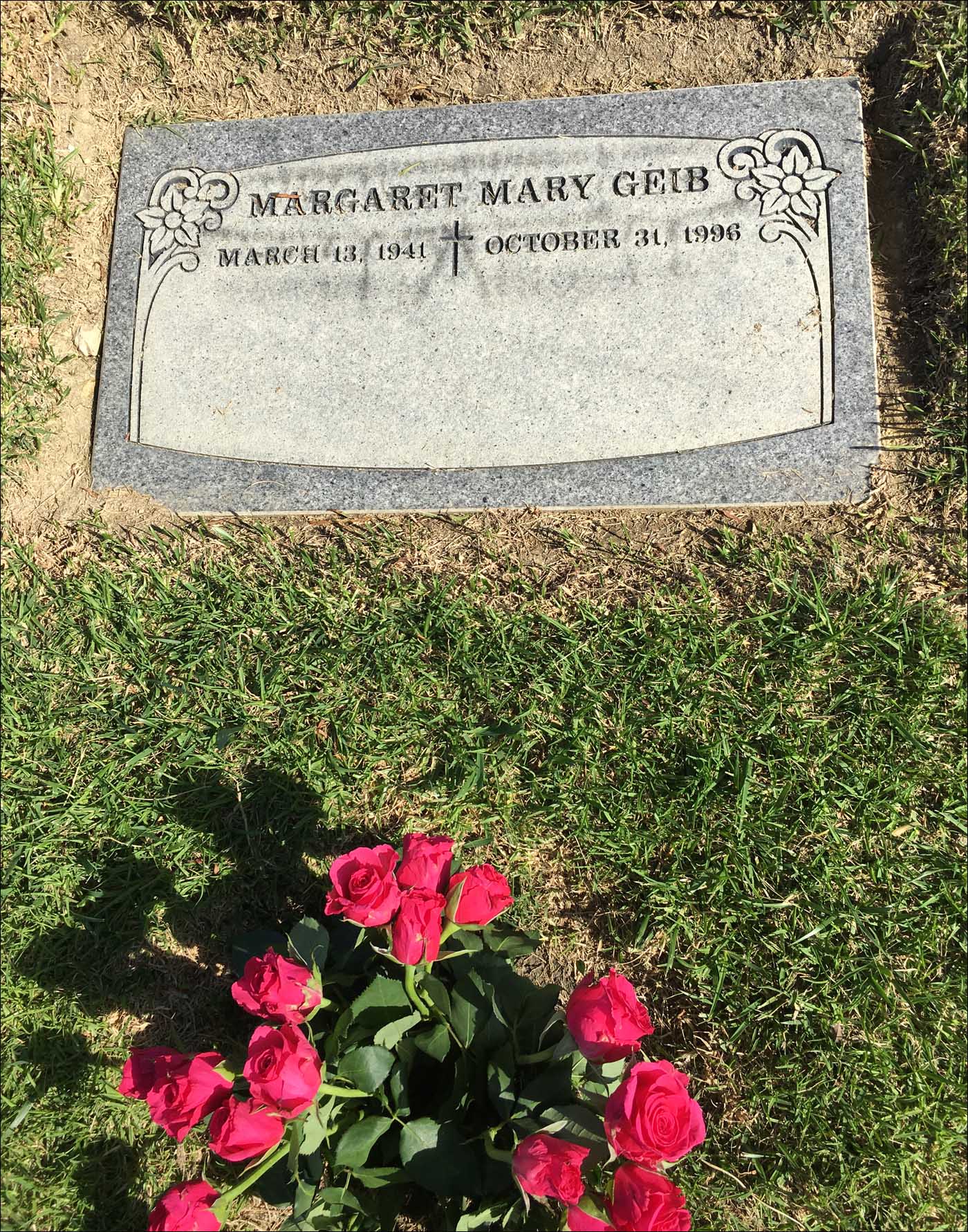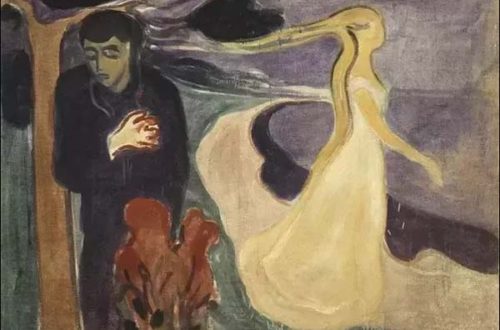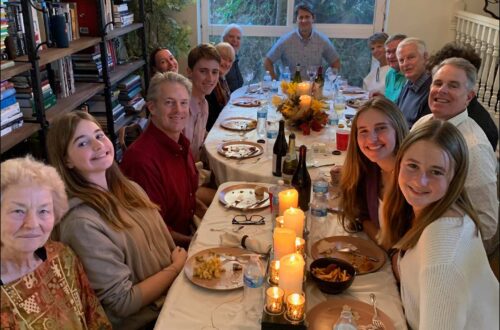Posts on my webpage go up and down in popularity with Google, for God only knows what reason; I can see all the statistics in the Word Press app or Google Webmaster Console.
I don’t care enough about getting attention for my posts to do a deep dive into Search Engine Optimization in the Google Search Engine. But I wonder at how the gods at Google point people towards one of my URLs, and then another. It is all a great mystery. Some posts are popular, and then fade. Others become popular, and then aren’t. It is all about ever-changing search engine algorithms. Who knows?
But the other day one of my pages suddenly became popular with Google searches. I checked it out, and I had written it over fifteen years ago. I barely remember writing it at all.
In that essay I read a quote by the famous Quaker William Penn which attracted me then, and it attracts me now. Here it is:
“Have but few Books, but let them be well chosen and well read, whether of Religious or Civil Subjects… reading many Books is but a taking off the Mind too much from Meditation. Reading your selves and Nature, in the Dealings and Conduct of Men, is the truest human wisdom. The Spirit of a Man knows the Things of Man, and more true Knowledge comes by Meditation and just Reflection than by Reading; for much Reading is an Oppression of the Mind, and extinguishes the natural Candle; which is the Reason of so many senseless Scholars in the World.”
I look at myself in the past two years, and I think about how I have chosen to live my intellectual life. I review my yearly reading logs, and I wonder. Have I read too much journalism, and not enough literature? What was I doing? I think about whether I have done too much reading in general, and not enough reflecting in private, as William Penn advises. I have tried at times to stave off boredom, by finding some current event to follow. And of course these “current events” are already stale, and human nature is still the same. I need to think more deeply about myself, the world, and what is most important. Less about stupid shit which is controversial and meretricious. Penn’s “natural Candle” has not shone as it should.
For example, I wrote a piece about the controversy surrounding JK Rowling lately. In retrospect, the piece is unworthy of the time and effort it took to write. Overwrought teenagers on social media and trans rights? Why mess around with that miserable stuff? Talk about low-hanging fruit! Isn’t there something more important to think about, Richard? Quit mucking about in the mud. Start looking deeply into only the essentials. Focus on this: What is happening to you and why? What is important in the wider world, and what is not? How can I use my time best? What should I do? How should I live? Eschew journalism, politics, and polemic, and instead embrace literature, philosophy, and history. Ignore the controversial and gossipy tripe of the present, and focus on the handful of topics which are indispensable now and forever.
So you thought 15 years ago, Richard, and so you should remember today.
Sometimes I look at The Atlantic Monthly or The Week Magazine and read it because I have a few minutes while waiting to pick up a daughter from soccer. Or I am waiting in line at the store or something like that. I try to find an article to read to stave off boredom on my iPhone. That is a mistake. Instead of trying to find some example of journalism to kill time with, take that opportunity to meditate and reflect, Richard. Look beyond what people claim is important in the news media, and look deeply inside and around you to identify what is really important. You don’t really need anything much for that – you have read so much already. The answer is in deep thought. The answer is to be found inside you through reflection and meditation, not out in the media world via research in pointless reading. Read the reality of the world in your own life and the lives of those you know.
Less reading, more thinking.
Try, Richard.
How much reading is more distraction than enriching? Diversion rather than education?
There are the cliched statements about what the dying on their deathbeds say: I should not have worked so much. I should have spent more time with my family. I should have lived more the way I wanted to and less how others wanted me to live. I would ask further questions: Did I spend my intellectual life thinking about what was most important? Or did I diffuse my thinking all too often towards unimportant topics? Did I waste my precious time and energy and attention on persiflage and gossip and politics?
When my time to stop breathing and die approaches, will I look back and regret too much desultory reading? When I’m on my deathbed, will I regret that I could have done better? Will I repent my choices? That I could have thought deeper and gotten closer to appreciating what is important, and what is not?
I will end with this extended quote from Arthur Schopenhauer:
The difference between the effect that thinking for oneself and that reading has on the mind is incredibly great; hence it is continually developing that original difference in minds which induces one man to think and another to read. Reading forces thoughts upon the mind which are as foreign and heterogeneous to the bend and mood in what it may be for the moment, as the seal is to the wax on which it stamps its imprint. The mind thus suffers total compulsion from without; it has first this and first that to think about, for which it has at the time neither instinct nor liking.
On the other hand, when a man thinks for himself he follows his own impulse, which neither his external surroundings or some kind of recollection has determined at the moment. His visible surroundings do not leave upon his mind one single definite thought as reading does, but merely supply him with material and occasion to think over what is in keeping with his nature and present mood. This is why much reading robs the mind of all elasticity; it is like keeping a spring under a continuous, heavy weight. If a man does not want to think, the safest plan is to take up a book directly he has a spare moment.
This practice accounts for the fact that learning makes most men more stupid and foolish than they are by nature, and prevents their writings from being a success; they remain, as Pope has said,
“For ever reading, never to be read.” – Dunciad, iii 194.
Men of learning are those who have read the contents of books. Thinkers, geniuses, and those who have enlightened the world and furthered the race of men, are those who have made direct use of the book of the world.
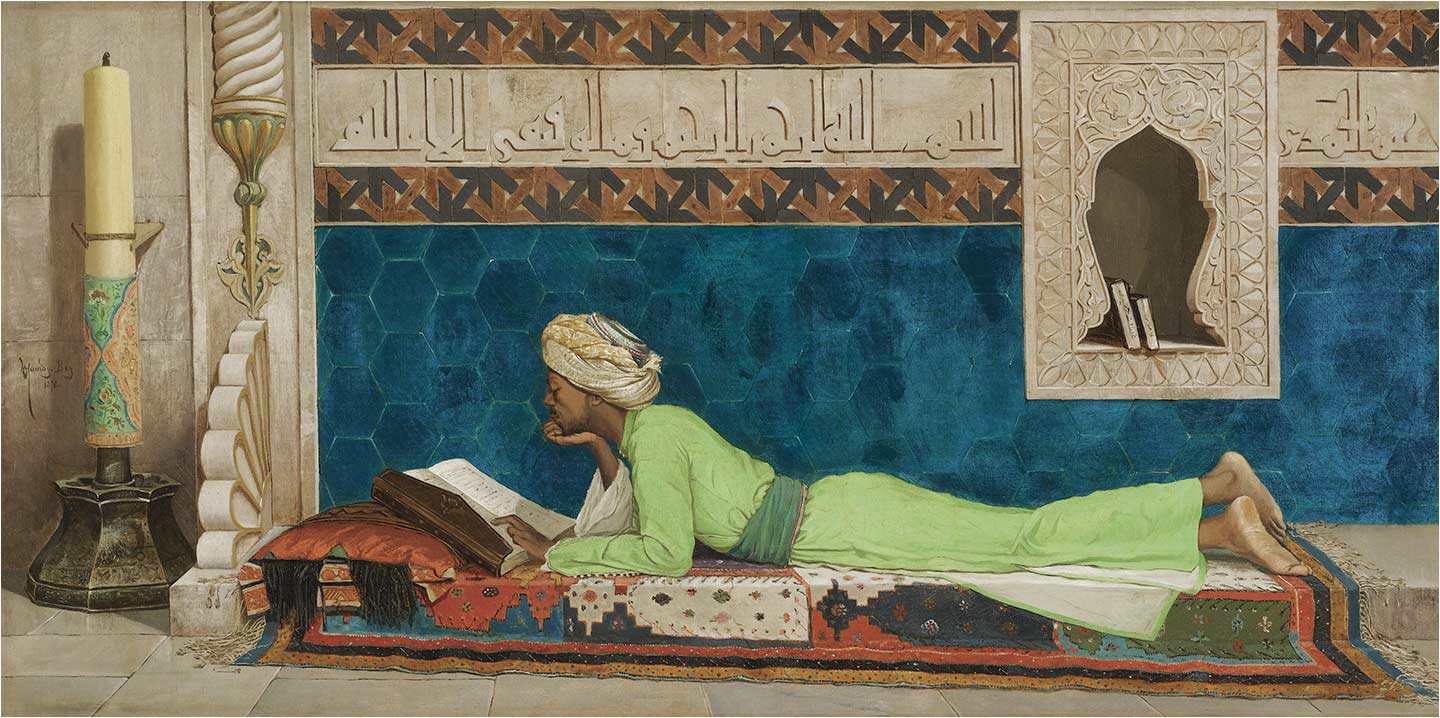
“Have but few Books, but let them be well chosen and well read, whether of Religious or Civil Subjects… reading many Books is but a taking off the Mind too much from Meditation. Reading your selves and Nature, in the Dealings and Conduct of Men, is the truest human wisdom. The Spirit of a Man knows the Things of Man, and more true Knowledge comes by Meditation and just Reflection than by Reading; for much Reading is an Oppression of the Mind, and extinguishes the natural Candle; which is the Reason of so many senseless Scholars in the World.”
